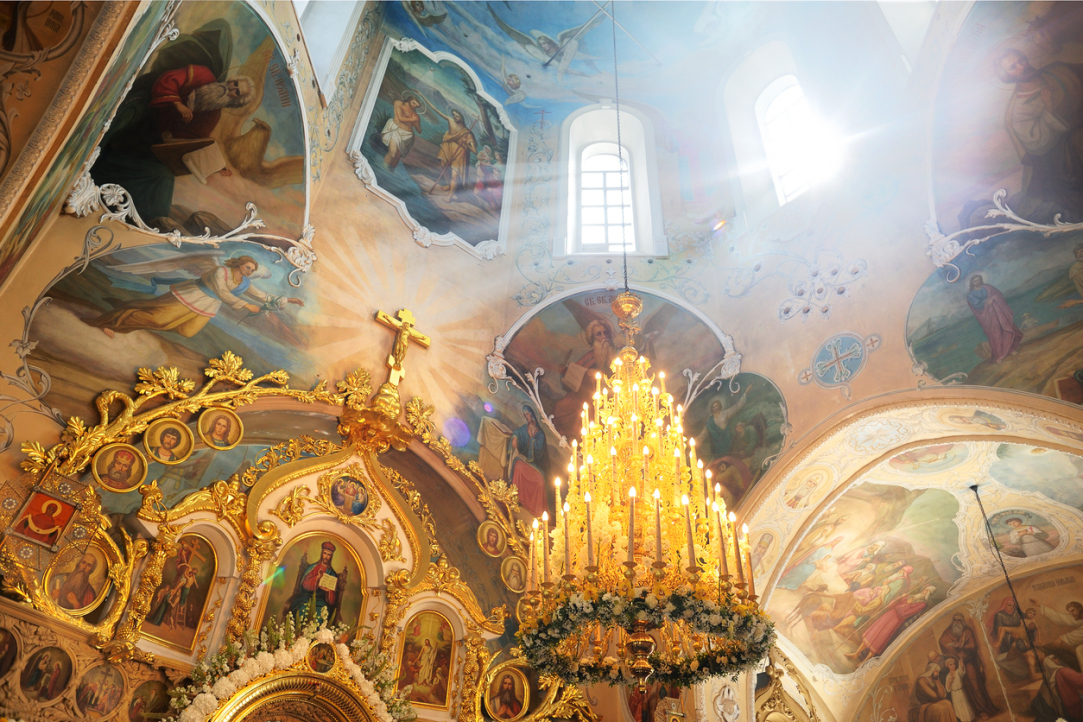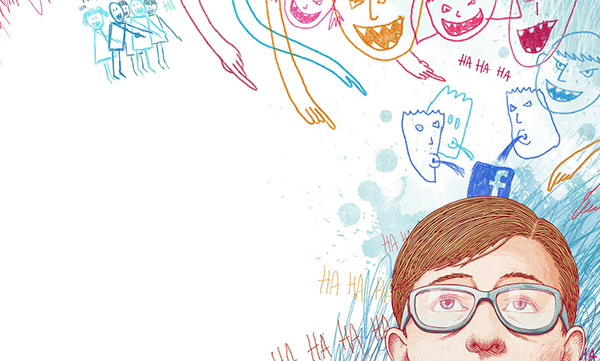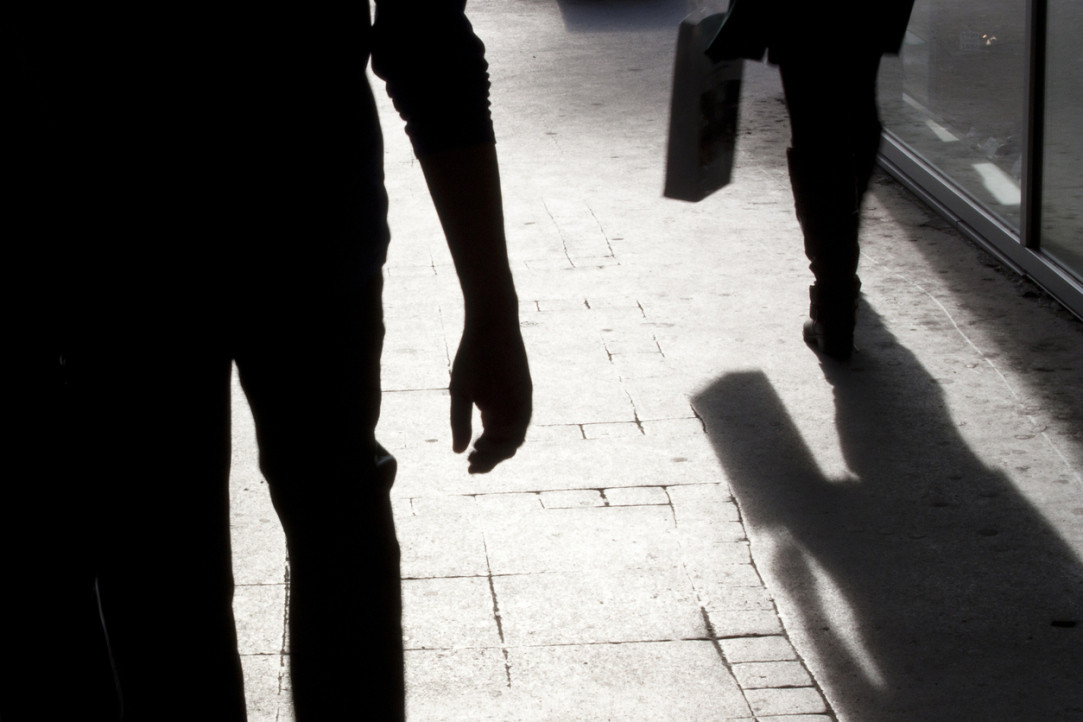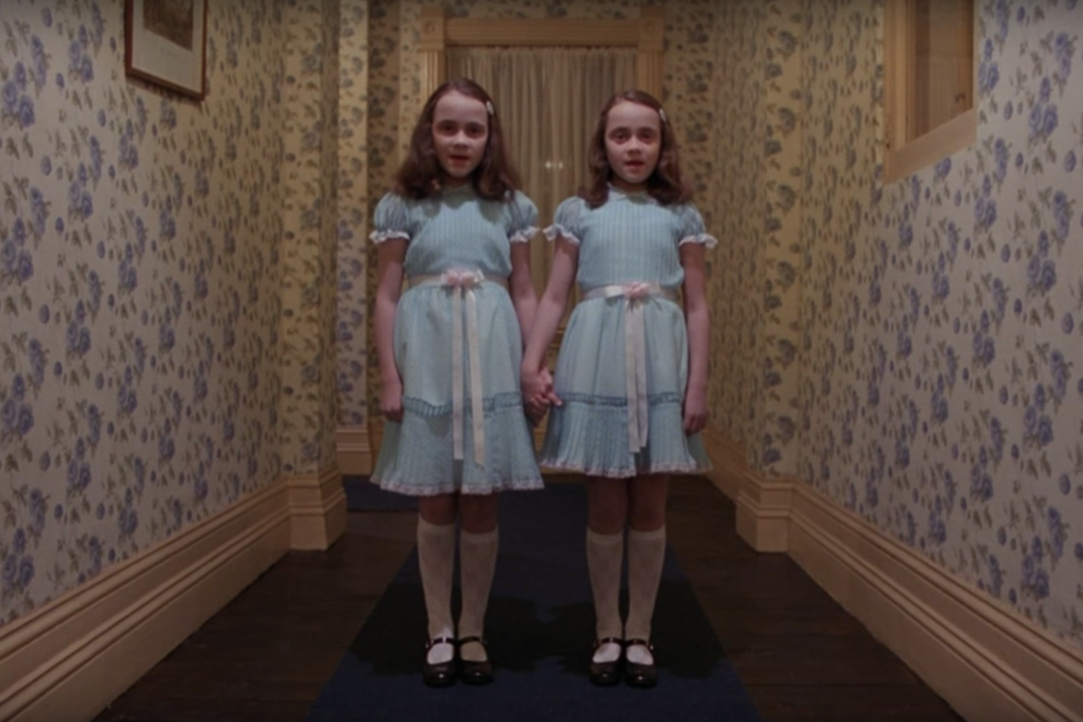
Per Aspera — But Headed Where?
Russian doctoral school — that only recently switched to the model of structured programmes — is once again at a crossroads. Which is better: the new model or traditional mentoring? And should postgraduate students be considered young scholars or ‘mature’ students? In her report to the Tenth International Russian Higher Education Conference, Natalia Maloshonok shared the views of doctoral research advisors on these and other questions.

Expecting to Be Cheated: Who Russian Consumers Are Wary of, and Why
Russians do not believe they can protect their consumer rights. They also put no faith in the government and distrust both retailers and producers. Such sentiments adversely affect attitudes towards the political system, said sociologist Regina Resheteeva in a study of data from the Higher School of Economics’ Russian Longitudinal Monitoring Survey (RLMS-HSE) and a survey of more than 500 Muscovites.

Advice from Above: Sociologists Have Assessed the Impact that Priests Have on How Their Parishioners Vote
Political preferences of at least 21% of Orthodox voters in Russia may be influenced by the clergy and their fellow believers. Based on an online survey of 2,735 respondents, HSE University sociologists Kirill Sorvin and Maksim Bogachev concluded that religion has a considerable impact on people’s political choices. The scholars assume that the share of those who vote ‘in an Orthodox way’ may be higher: many respondents were under 34, and young people are a minority among Orthodox believers in Russia.

Russia’s Tech Hubs: What are Russia’s ‘Technocities’ Producing?
Over half of inventions patented in Russia over the last decade have been created only in 11 cities. A study by HSE ISSEK experts calls these tech hubs ‘technograds’. Here is what they are and what they do.

An Everyday Evil: The Spread of Adolescent Cyberbullying
Cyberbullying is a fact of life for many teens today. Psychologists have found that with age, people become inured to acts of aggression. However, cyber harassment is one of the most dangerous forms of bullying. Cyberbullying victims have nowhere to hide, while their parents often have no idea that something bad is happening to their kids, since the bullying occurs in adolescent online communities. Researchers studied cyberbullying among teenagers.

The Museum on Your Fridge: Take the Gift Shop Quiz and Find out How Souvenirs Shape St. Petersburg’s Image
Whether it’s a magnet, a bookmark, or a postcard with a picture of a beloved artist – any kind of souvenir influences a museum’s image in the eyes of visitors and is considered to be an important marketing tool. Souvenirs, which tourists bring home as keepsakes of their travels, play an even bigger role in shaping the brand of a city as whole.

Fear of Violence: Why It Haunts Women in Big Cities
The greatest fear of young women living in big cities is that of sexual violence. It is not necessarily based on the actual crime rate in the city but often instilled by family and society. As a result, women tend to carefully pre-plan their behaviour and movements in 'suspicious' places based on safety concerns. HSE researchers interviewed a group of young women about certain aspects of their fears and strategies they use to deal with it.

Beyond Normal: How Society Judges Large Families
Couples with three or more children often feel that others judge or refuse to understand them. Their decision to have many children seems to annoy their extended family, neighbours, colleagues, health professionals and government bureaucrats. Very often, other large families are the only one who offer them support. Based on findings from in-depth interviews, HSE researchers describe the effect that social interactions can have on fertility.

Illegal Smoking: Russians Who Smoke Where They Should Not
In 2013, Russia banned smoking in public places such as cafes, restaurants and nightclubs, as well as on trains, in playgrounds, etc. Statistical analysis has revealed, however, that 26% of male and 28% of female smokers do not always comply with these smoking bans. A full report from a study by Ludmila Zasimova, Assistant Professor at the HSE Department of Applied Economics, has been published in the International Journal of Public Health.

Defending Personal Boundaries: How Birth Order Affects Children’s Psychological Sovereignty
HSE psychologists have studied how the presence or absence of siblings, as well as birth order, affect children’s ability to maintainpersonal boundaries. The results showed that only children and second-born children have the strongest sense of personal boundaries, while first-born children have the least. However, as children become adults, their ability to balance between their own needs and those of others becomes determined more by gender.

